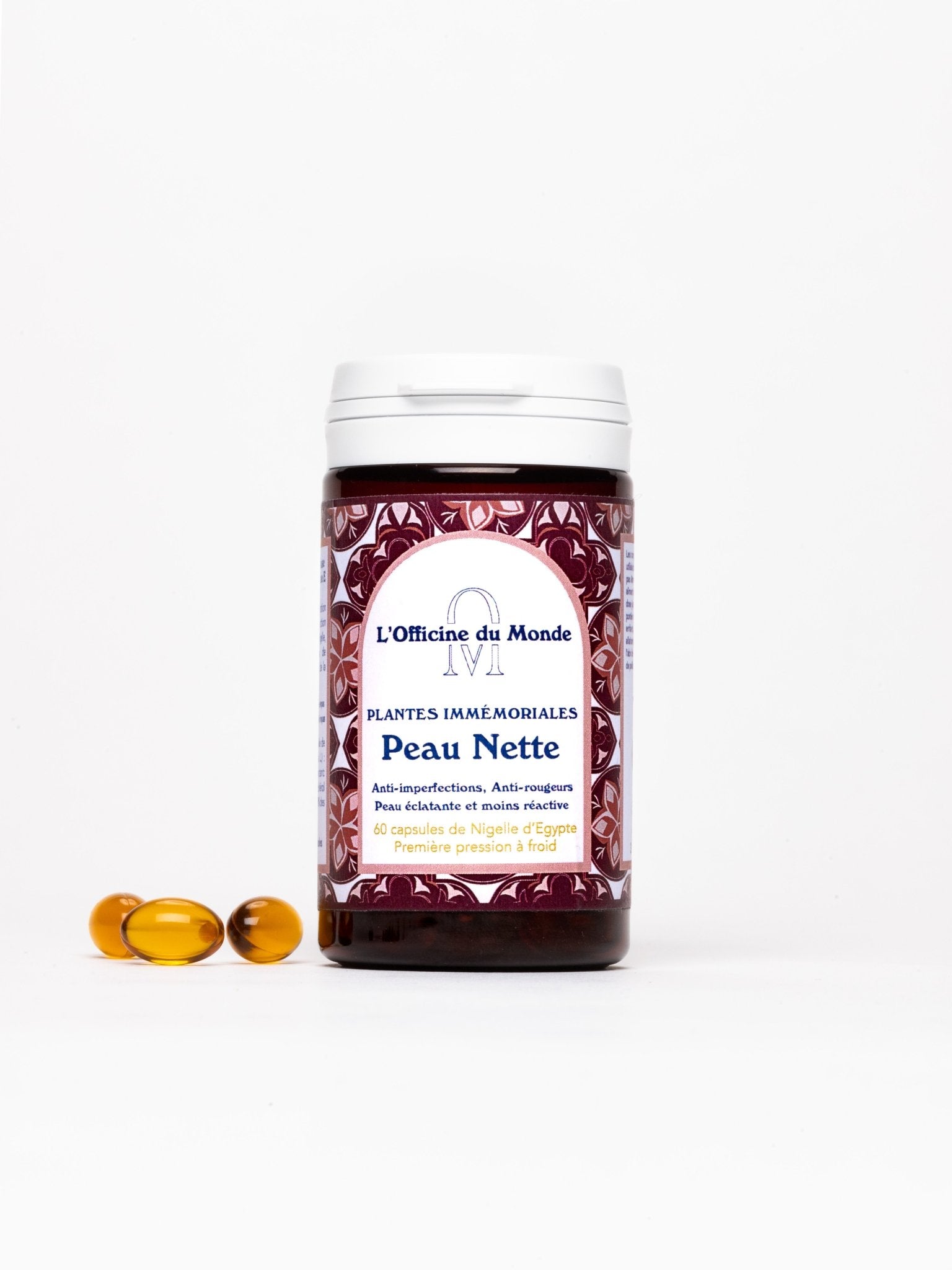Papular acne , also called moderate acne, is a very common skin condition that results in a mixture of inflamed, sometimes painful, solid papules and pustules on the skin. Dealing with these imperfections requires a thoughtful approach. To officially get rid of acne papules, you'll need to develop a routine that addresses each of the main causes of your breakouts. To do this, it is important to understand which anti-acne products and ingredients will successfully target your papules and why.
Whether you're dealing with mild to moderate acne or more severe, painful lesions, a treatment that combines science-based and natural ingredients can have a significant impact on the health of your skin. Taking control of your acne is all about knowing where it comes from and giving your skin the tools it needs to heal.
What is papular acne?
Papular acne is a condition in which acne papules frequently form and damage the skin. Papules are considered a more serious type of inflammatory acne than "typical" acne (acne vulgaris), because they tend to be more painful, inflamed, and difficult to treat. Managing acne papules can understandably affect your confidence, especially if the treatment methods you try don't seem to make a difference. Since acne papules are more serious than other types of blemishes, it is important to treat them with care and patience. Inflammatory acne is more likely to cause deep scarring and other consequences.
How do you know if you are dealing with acne papules?
In order to implement the appropriate treatment, it is essential to distinguish papules from other types of acne or chronic skin conditions unrelated to the breakouts. According to the National Institute of Health, acne papules are inflamed lesions that usually look like small, raised pink bumps and are often tender to the touch.
Unlike acne nodules and cysts, acne papules do not form very deep in the skin. They also do not have a white or pus-filled head like pustules, meaning they cannot be safely extracted.
What causes papular acne?
The main causes of acne that lead to other types of blemishes also cause acne papules. These causes include:
Excessive sebum (oil) production, which clogs pores and allows harmful bacteria to breed and thrive.
Inflammation, which traps bacteria and excess oil in pores and leads to redness.
Acne-causing bacteria, including P. acnes, feed on excess oil and increase inflammation.
How to get rid of papules?
Getting rid of papular acne is a long-term process that involves taking care of your skin the right way, avoiding potential triggers, and taking care of your overall health. The first part of this equation is understanding why your acne papules appear. The next step is to determine the most effective treatment options for your skin. It's important to rely on proven acne-fighting ingredients to manage papules; These pesky pimples require a multi-step routine to treat each of their causes and prevent future breakouts. The inflammation must be controlled.
It is almost impossible to properly treat acne lesions like papules without controlling the inflammation. Not only does inflammation cause acne papules, but it can also make them worse or more painful. Avoid further irritating your skin by avoiding harsh cosmetics and products, excessively touching your face, etc.
Here are some ingredients proven to fight inflammation:
- Black Seed Oil for its antibacterial, antiseptic, healing and antioxidant properties.
- Green tea extract, present in our gentle lightening toner.
- Passion fruit, which we use in our exfoliating microscrub.
- Licorice root extract, which in addition to treating acne, has the added benefit of reducing the appearance of acne scars. You can find licorice root in our Clear Pore Serum.
- We must curb the “bad” bacteria:
- acnes, the bacteria that causes acne, is actually healthy for your skin in small amounts. But if it starts to spiral out of control by feeding on excess oil, it's time to take charge.
By controlling the amount of bacteria on your skin, it is much easier to keep future papules at bay and reduce the size of existing ones.
We recommend using products that contain benzoyl peroxide, an antimicrobial ingredient proven to fight bacteria without drying or irritating the skin. It's important to note, however, that benzoyl peroxide alone cannot clear up acne.
It must be mixed with ingredients such as black seed oil in order to avoid recurrence and control inflammation and the progression of this acne.
Although each of the main causes of acne papules has been addressed, your work for an effective, well-rounded acne treatment is not finished: keeping your skin's natural barrier healthy and strong is an important part of healing. We therefore recommend that you supplement with black seed oil capsules ( Clear skin - Acne, Eczema, Psoriasis - Two-month cure – lofficinedumonde.fr ).
Finally, clean your skin regularly to keep your pores healthy and exfoliate it periodically to rid it of dead cells that can clog it.
To get rid of acne

Clear Skin - Acne, Eczema


